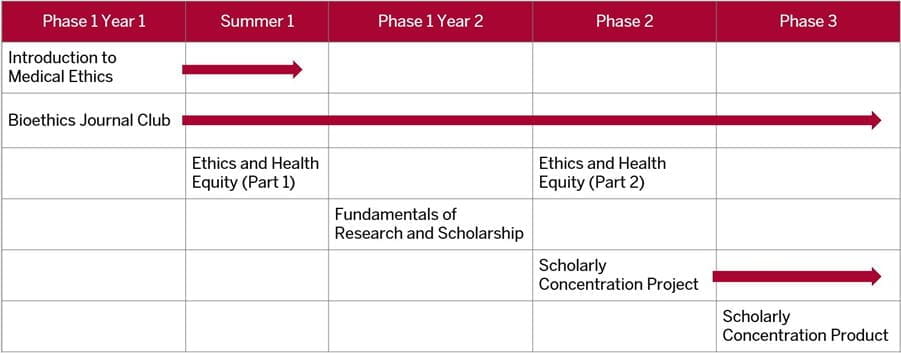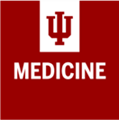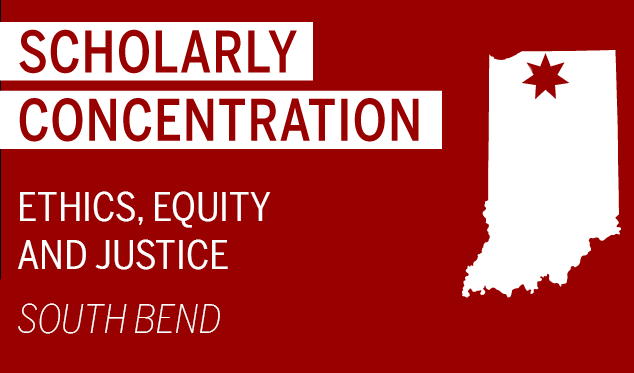Incorporating rigorous academic inquiry and experiential learning, this concentration covers a range of topics—from clinical ethics to health equity in various communities. By completing this concentration, students join a cohort of like-minded peers and mentors, with rich opportunities for discussion and inquiry through the concentration’s journal club.
The concentration enables students who are interested in epidemiology or community-based research to better understand health inequities. Additionally, for students who are drawn to care for underserved populations by a commitment to social justice, participation in this scholarly concentration will help them in that professional trajectory. The other feature of this Scholarly Concentration in South Bend is the access to mentors from IU School of Medicine, Notre Dame, and other community partners who are engaged in and committed to a broad spectrum of topics that fit within this concentration.
Locations
All coursework (except the online Fundamentals of Research and Scholarship) takes place at the South Bend campus. The scholarly project can be done remotely.
Curriculum and Timeline
Students completing the Ethics, Equity, and Justice concentration fulfill the same core curriculum as students in other concentrations. The didactic components provide a strong academic and experiential foundation in medical ethics, equity, and justice topics that are vital for completion of the core curriculum project and product. The journal club provides a platform for students to have longitudinal discussions about concentration-related topics with a cohort of students and faculty.



